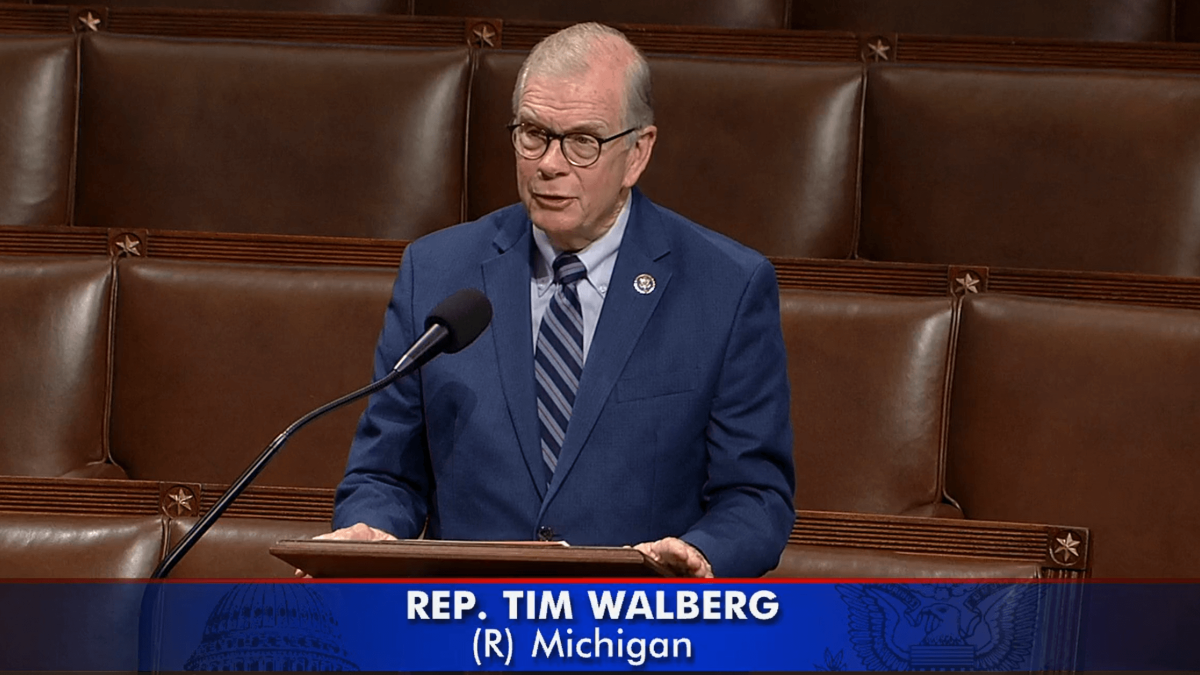South Michigan News: Bipartisan bill introduced to enhance detection of human trafficking

Today, a bipartisan and bicameral effort was made to combat human trafficking with the introduction of H.R. 4307, the Enhancing Detection of Human Trafficking Act. The bill was introduced in the House by Education and Workforce Committee Chairman Tim Walberg (R-MI) and Rep. Lucy McBath (D-GA), while Senators John Husted (R-OH) and Elissa Slotkin (D-MI) presented companion legislation in the Senate.
The proposed legislation aims to empower the Department of Labor (DOL) by training its employees to identify signs of human trafficking and refer suspected cases to law enforcement authorities. Chairman Walberg emphasized the importance of utilizing all available resources to combat this crime, stating that DOL employees are well-positioned to detect patterns of trafficking and labor exploitation.
Rep. McBath highlighted the grave nature of human trafficking, describing it as "truly reprehensible" and stressing the need for enhanced efforts to protect victims and hold perpetrators accountable. She expressed her honor in collaborating with Chairman Walberg on this significant issue.
Senator Husted noted that DOL employees conduct workplace inspections and must be equipped to recognize human trafficking behaviors promptly. He expressed pride in joining Chairman Walberg's longstanding efforts by leading the Senate bill.
Senator Slotkin pointed out that human trafficking is a direct attack on fundamental freedoms occurring within communities. She described the bill as an important step forward in stopping traffickers and protecting victims.
Chairman Walberg has been a leader in combating human trafficking, having previously introduced similar legislation that passed the House with unanimous support. The New York Times reported on issues related to child trafficking during the Biden-Harris border crisis, underscoring the urgency of addressing this problem.
H.R. 4307 outlines specific measures for educating DOL staff on detecting human trafficking, providing flexible learning options, establishing referral procedures for suspected cases, and requiring a report to Congress on implementation progress.